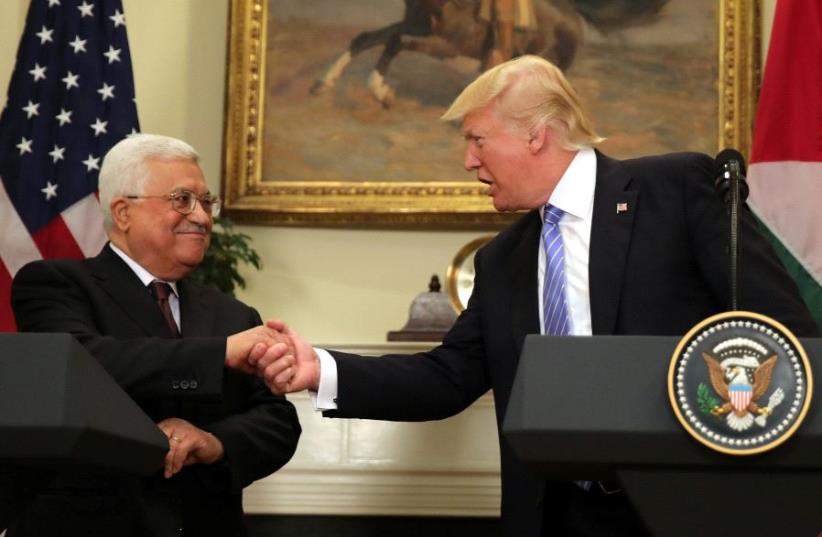Cabinet members told that support for controversial move could hamper other US foreign policy goals and would only happen as part of peace plan like the one in 2020 that was opposed by the far-right
Times of Israel
At least two officials in Donald Trump’s previous administration have warned senior Israeli ministers not to assume that the president-elect will support Israel annexing the West Bank in his second term, three sources familiar with the conversations told The Times of Israel.
Though the message was delivered in separate meetings and conversations held in the months leading up to Trump’s presidential election victory last week, far-right cabinet members did not seem deterred. On Monday, Finance Minister Bezalel Smotrich declared that 2025 would be ‘the year of sovereignty in Judea and Samaria [the West Bank],’ thanks to Trump’s return to office, and National Security Minister Itamar Ben Gvir last week said that ‘this is the time for sovereignty.’
On Friday, Prime Minister Benjamin Netanyahu announced that Israel’s next ambassador to the US will be Yechiel Leiter, a former settler leader who has advocated for annexing large parts of the West Bank and against the establishment of a Palestinian state.
In their recent meetings with several senior Israeli ministers, Trump’s former advisers did not rule out the possibility of the president-elect backing the move, but asserted that it should not be treated as a ‘foregone conclusion,’ one Israeli official said, speaking on condition of anonymity.
The controversial move would face severe pushback from US allies in the Gulf, such as Saudi Arabia and the United Arab Emirates, which Trump could lean on in order to address more pressing foreign policy aims, such as combating Iranian aggression, competing against China, and ending the war in Ukraine, according to a second Israeli official who was privy to one of the conversations an ex-Trump aide held with a cabinet minister.
While Trump did present a peace plan in 2020 that envisioned Israel annexing all of its existing settlements, the proposal still allowed for the establishment of a Palestinian state in the remaining areas of the West Bank.
Netanyahu welcomed the proposal with severe reservations at the time, while Smotrich and many of the settler leaders — who last week celebrated Trump’s victory as an opportunity to see their annexation plans through — came out against the Trump plan.
One former Trump aide told an Israeli minister that a second Trump administration would not back applying Israeli sovereignty to settlements ‘in a vacuum,’ just like it did not do so in 2020, the second Israeli official recalled.
After the Palestinian Authority immediately rejected Trump’s 2020 ‘Peace to Prosperity’ proposal, the Trump administration worked with Israel to plan for partial West Bank annexation, but the effort was shelved in exchange for the United Arab Emirates agreeing to normalize relations with the Jewish state.
The commitment that the US made to the UAE to block an Israeli annexation move is set to expire at the end of 2024, but a former Trump official told The Times of Israel that the conditions for US support for Jerusalem applying its sovereignty over settlements are not expected to change drastically.
‘If it happens, it will have to be part of a process,’ the former Trump official said.
In a statement to The Times of Israel responding to this report, Trump’s former envoy to the Mideast Jason Greenblatt offered a similar message.
‘I think it’s important for those in Israel who are celebrating President Trump’s victory to do so because of President Trump’s strong support for Israel, as evidenced by the many historic things he did during his first term. Certain Israeli ministers are assuming that the extension of Israeli sovereignty in Judea and Samaria is now automatically a done deal and that it will happen almost as soon as President Trump is sworn in.’
‘However, I suggest that they take a breath. If I were advising those ministers, I would highly recommend that their focus initially be on working closely with Prime Minister Netanyahu to enable him to deepen Israel’s relationship with the US and to allow him to work on the tremendous threats and challenges Israel is now facing. There will be a time to have a discussion about Judea and Samaria, but context and timing are important,’ Greenblatt added.
